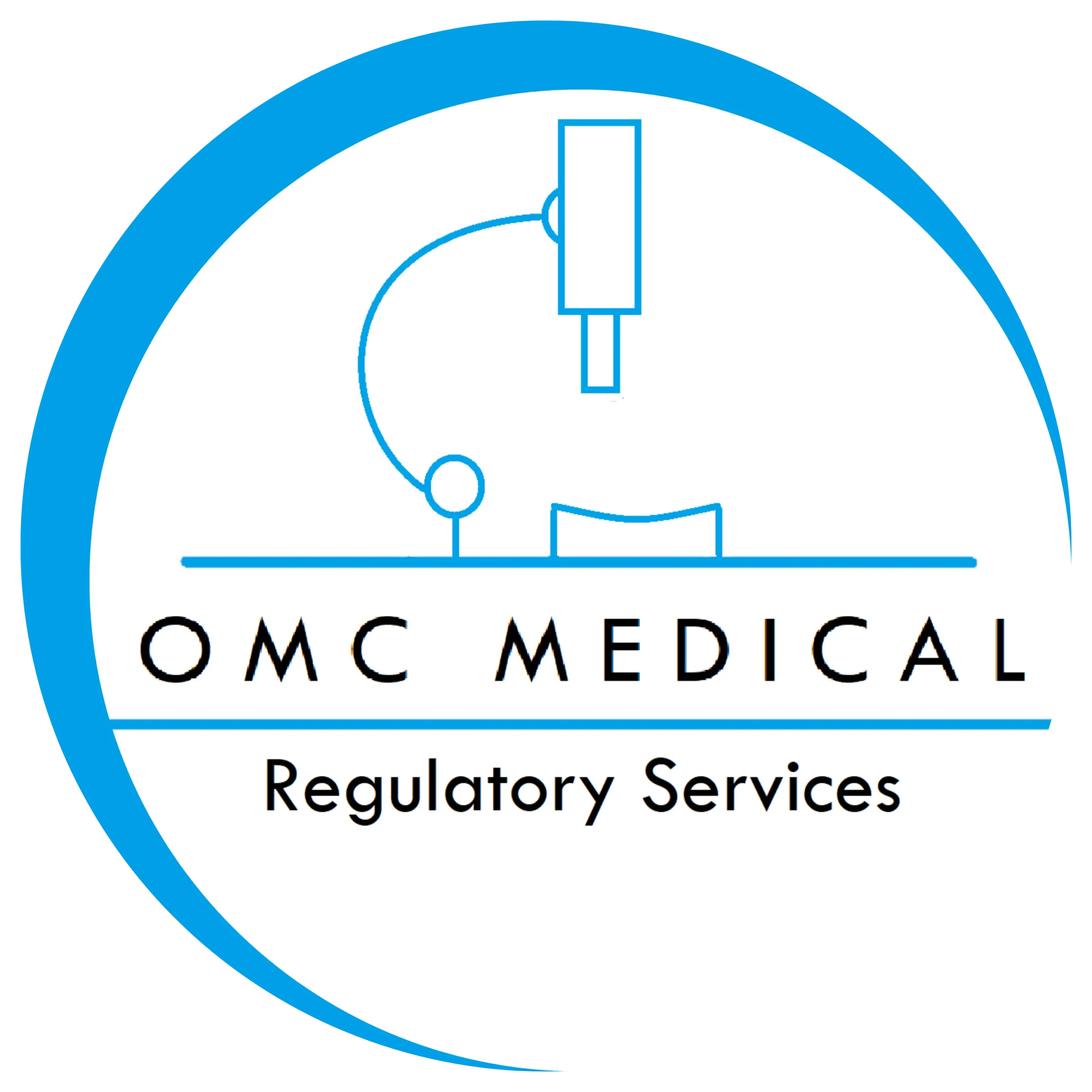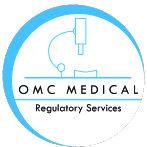Mexico Cosmetic Product Registration
Mexico Cosmetic Product Registration
COSMETIC REGISTRATION IN MEXICO
Regulatory Authority
The Federal Commission for Protection against Health Risks (COFEPRIS)
Link for Regulatory Authority
Local Regulation
General Health Law
Who can Register?
There is no registration requirement for cosmetics in Mexico. However, manufacturers and distributors need to comply with COFEPRIS requirements. A legal representative from Mexico
Data to be Communicated
- Technical and scientific data demonstrating the product’s safety and efficacy;
- Laboratory tests, if applicable; detailed product description.
- The origin country’s Ministry of Health issued a Certificate of Free Sale;
- The Certificate of Sale must have current ISO 13485 certification, CE marking, or a Declaration of Conformity with US GMP.
- A list of accessories/components.
- Instruction manual and labelling (Spanish)
- Overview of the sterilising method/manufacturing process
- Clinical studies.
Process to Register Cosmetic Product
Appoint a Local Representative
- Before bringing a cosmetic product to the Mexican market, foreign corporations must appoint a local agent.
- The local agent must hold a sanitary licence to handle and sell cosmetic items in Mexico.
Check the Status of the Ingredients
- The company must ensure that the cosmetic product’s ingredients are not on the prohibited or restricted list of ingredients as defined in Articles 234 and 245 of the General Health Law, which prohibits the use of drugs, prepared drugs, and the following: preparation of perfume and beauty products.
Check on the compliance of the Claims.
- The manufacturer must ensure that no medicinal claims are stated on the cosmetic product’s labelling. Examine the Labelling’s Content
- Request for an Importation License – The company must.
- Register in the register of importers.
- Determine the cosmetic product’s tariff code.
- On the Ministry of Economy’s website, you can apply for an import permit.
- Have an active RFC. The SE will check the status of the RFC with the SAT electronically.
Timeframe and Fees
The COFEPRIS takes around from 4 to 12 months to manifest the registration request and charges registration fees by-product (which vary depending on the classification). In addition, the registration is valid for five years.
Additional Information
- Labelling for pre-packaged cosmetic products must follow the Mexican Official regulation NOM-141-SSA/SCFI-2012.
- All the labelling content should be in Spanish.
- The labelling for a cosmetic product should:
- Include truthful and verifiable information.
- Include the product’s general and names.
- Include the name and contact information of the person in charge of the product.
- Include the batch number.
- Include the Instructions or mode of use.
- Not include prohibited property statements
- Comply with the commercial information as per the provisions of NOM-008-SCFI-2002 General System of Measurement Units
- Include the sanitary information.
Ingredient Disclosure:
- Listing of Ingredients: Ingredients must be listed in descending order of their predominance. The INCI nomenclature is employed for naming ingredients.
- Prohibited and Restricted Ingredients: COFEPRIS maintains a catalogue of substances that are either prohibited or restricted in cosmetic products. It is essential for manufacturers to consistently monitor this catalogue and guarantee compliance with product regulations.
- Good Manufacturing Practices (GMP): Cosmetic products must adhere to Good Manufacturing Practices to uphold standards of quality and safety. COFEPRIS is authorized to conduct inspections of manufacturing facilities to confirm compliance with GMP regulations.
- Adverse Event Reporting: Manufacturers, importers, and marketers must promptly notify COFEPRIS of any adverse events or reactions linked to the use of cosmetic products.
- Animal Testing: In 2020, Mexico implemented a ban on animal testing for both cosmetic products and ingredients. The legislation further prohibits the production, importation, or sale of cosmetics tested on animals.
Quick Contact
If you have any questions or need help, feel free to contact with our team.
©2024 OMC Medical, All Rights Reserved. With Love by 7oroof.com

Our team will be happy to respond your queries. Contact us directly with your questions or for scheduling FREE consultation and we’ll be in touch as soon as possible.
Quick Contact
If you have any questions or need help, feel free to contact with our team.

Our team will be happy to respond your queries. Contact us directly with your questions or for scheduling FREE consultation and we’ll be in touch as soon as possible.
Quick contact
- info@omcmedical.co.uk
-
0044 7719761764
0044 2080667260 - Planet House, North Heath Lane, Horsham, West Sussex RH12 5QE

Our team will be happy to respond your queries. Contact us directly with your questions or for scheduling FREE consultation and we’ll be in touch as soon as possible.
Our Branches
- Switzerland
- Europe (Northern Ireland)
- Asia
- Canada
- Brazil
- Middle East
- China
- Turkey (Partner Office)

To launch a medical device in a country, medical devices must comply with the local country’s regulatory requirements. Let us be your trusted partner in bringing your medical devices to the Global market. Contact us today to learn more about how we can assist you in every step of the way.
Our Branches
- Europe
- Asia
- Africa
- Oceania
- South America
- North America
- Planet House, North Heath Lane, Horsham, West Sussex RH12 5QE
- Planet House, North Heath Lane, Horsham, West Sussex RH12 5QE


